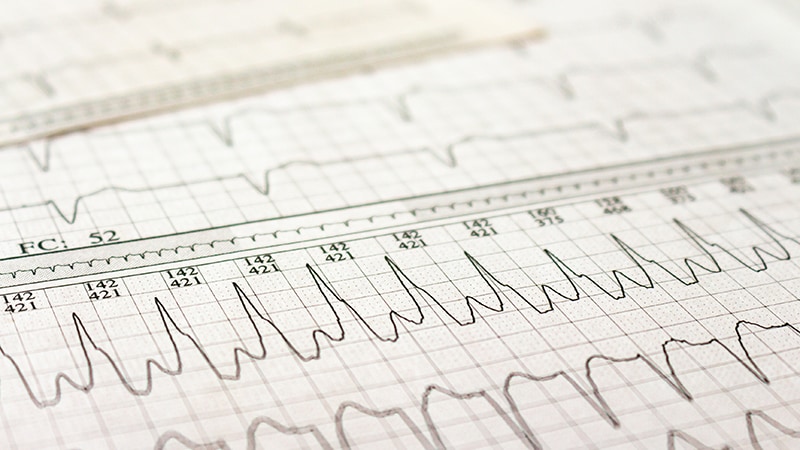Takeaway
- Direct oral anticoagulants (DOACs) demonstrate comparable efficacy to low-molecular-weight heparin (LMWH) in cancer patients without venous thromboembolism (VTE) with a slightly increased major bleeding occurrence rate.
Why this matter
- DOACs are gaining popularity as an alternative strategy for the prevention of VTE in cancer patients without VTE.
Study design
- Meta-analysis included 6 randomised controlled trials (RCTs; n=7185) after a search across Medline/PubMed and Cochrane databases.
- Funding: None disclosed.
Key results
- DOACs (risk ratio [RR], 0.55; 95% CI, 0.34-0.90; P=.02) and LMWH (RR, 0.59; 95% CI, 0.37-0.95; I2=59%) were equally effective in preventing VTE.
- Bleeding occurrence rates did not differ between DOACs (RR, 1.52; 95% CI, 0.99-2.33; P=.06) and LMWH (RR, 1.35; 95% CI, 1.07-1.70; P=.01).
- DOACs (RR, 1.95; 95% CI, 0.88-4.30; P=.10) were associated with slightly higher major bleeding occurrence rate compared with LMWH (RR, 1.38; 95% CI, 0.88-2.14; P=.16).
Limitations
- Study did not include all relevant RCTs that evaluated the efficacy and safety of LMWH in preventing VTE.
- Optimal duration of anticoagulation therapy was not evaluated.
References
References


